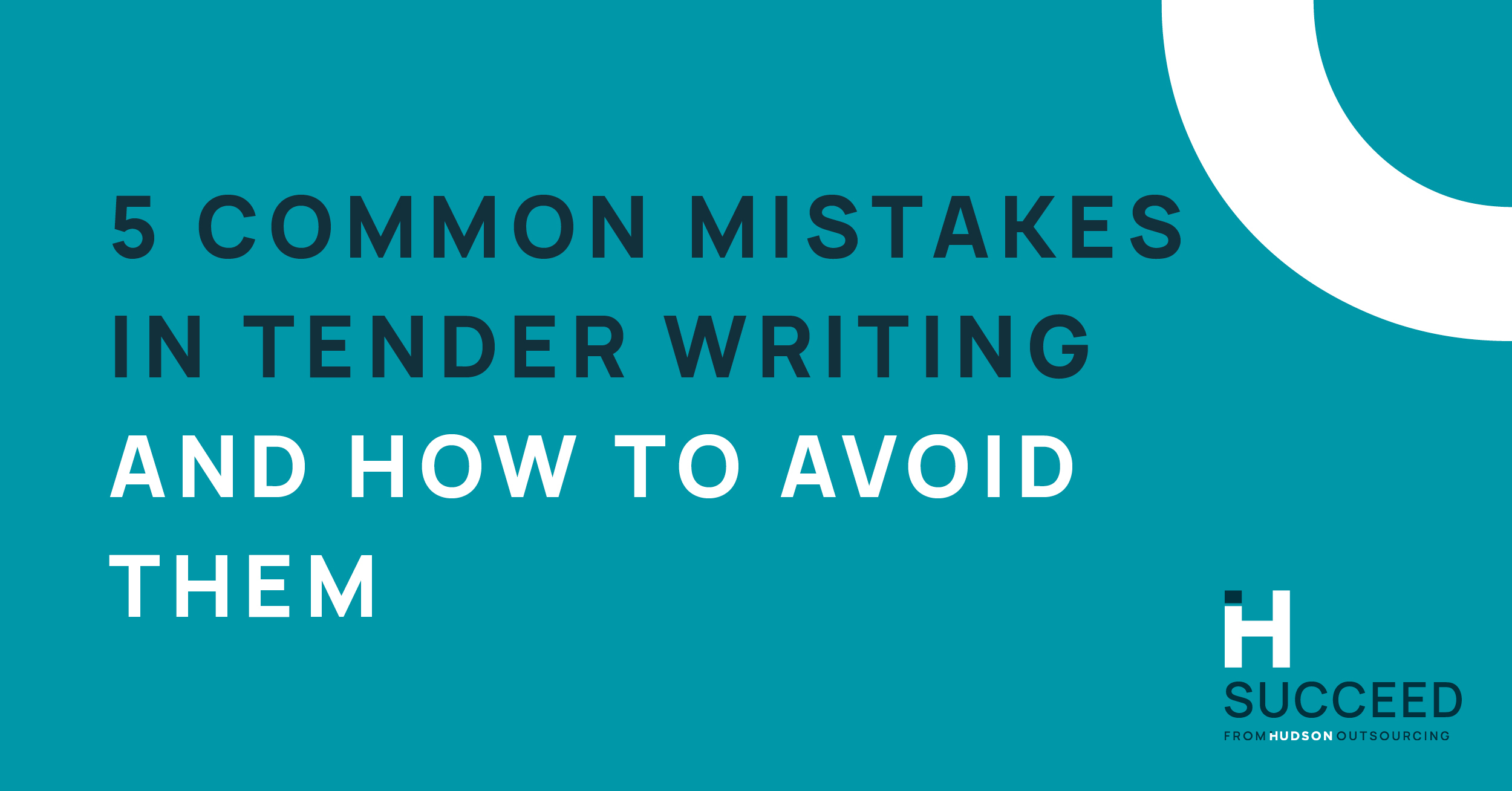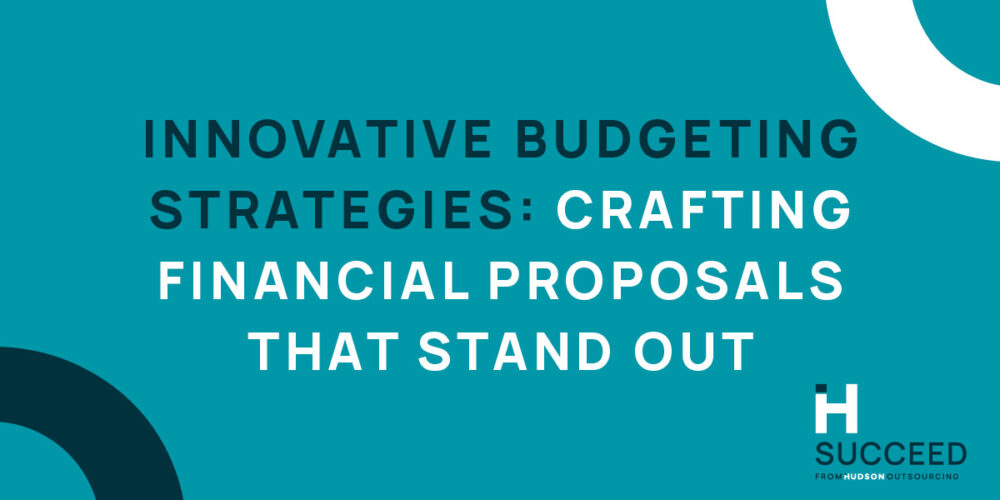
In today’s competitive business landscape, tender writing can be the deciding factor in securing lucrative contracts. An accurately crafted tender not only demonstrates your capability and understanding of the project but also sets the tone for your professionalism. However, mistakes in tender writing can lead to missed opportunities and wasted resources.
Understanding these common pitfalls is essential for anyone looking to improve their chances of success in the bidding process. In this blog, we’ll explore five frequent mistakes in tender writing and provide tips on how to avoid them.
Mistakes in tender writing:
1. Lack of Clarity and Conciseness
One of the most prevalent errors in tender submissions is a lack of clarity and conciseness. Many writers assume that using complex language and jargon will impress evaluators, but this often backfires. For example, a construction company submitted a tender that included excessive technical jargon and lengthy sentences, making it difficult for the evaluators to grasp their proposal quickly. This not only confused the reviewers but also caused them to overlook the key benefits of the company’s offering. Here’s how you can avoid it – aim for simplicity and directness in your writing. Use clear language and structure your content logically. Bullet points can be effective for listing key points or qualifications, ensuring that essential information stands out. Always ask yourself if a reader unfamiliar with your project would understand your proposal.
2. Ignoring the Evaluation Criteria
Bidders sometimes overlook the specific evaluation criteria outlined in the tender documents. Failing to address these criteria can lead to immediate disqualification. For example, a company submitted a bid for an IT services contract without demonstrating how their solution met the client’s specific performance metrics. Consequently, their tender was rejected as it did not align with the requirements stipulated in the request for tender (RFT). Here’s how you can avoid it – carefully review the evaluation criteria and ensure that your tender explicitly addresses each point. Consider creating a checklist to map your responses to the criteria, ensuring you don’t miss any vital elements.
3. Failing to Showcase Relevant Experience
Many tenders fall flat by not effectively showcasing relevant experience or past performance. This mistake can create doubt about a bidder’s capability to deliver on the project. For example, an engineering firm submitted a tender that included a generic list of projects but failed to highlight specific projects similar in scope and scale to the tender in question. This lack of tailored information left the evaluators questioning the firm’s ability to deliver. Here’s how to avoid it – tailor your examples to align with the tender’s requirements. Highlight case studies and that demonstrate your ability to handle similar projects. Including quantitative results, such as percentages of time saved or costs reduced, can also bolster your credibility.
4. Inadequate Proofreading and Editing
Submitting a tender filled with typographical errors and grammatical mistakes can create a negative impression. Attention to detail is paramount in tender writing. For example, a healthcare provider’s tender submission was marred by spelling mistakes and grammatical errors, leading evaluators to question their professionalism and attention to detail. As a result, they scored lower than competing bids, despite having a solid proposal. Here’s how you can avoid it – always allocate time for thorough proofreading and editing. Consider having multiple team members review the document to catch errors that you might miss. You could also use professional editing services or tools to ensure your submission is polished.
5. Neglecting to Follow Submission Guidelines
Every tender has specific submission guidelines regarding formatting, length, and supporting documents. Ignoring these guidelines can result in disqualification. For example, a logistics company submitted their tender in a non-compliant format, exceeding the page limit set by the tender issuer. Their bid was automatically disqualified, despite the quality of their proposal. Here’s how you can avoid it – review the submission guidelines thoroughly and ensure that your tender adheres to them. Create a checklist of all the requirements and double-check your submission against this list before sending it in.
Tools and services for error-free bids:
To enhance your tender writing process and minimise mistakes, consider employing various tools and services designed for this purpose:
- Tender Management Software: Platforms like Procore or Bidtraq can help streamline the tender process by providing templates, tracking submissions, and automating reminders.
- Collaboration Tools: Using collaborative platforms like Google Docs or Microsoft Teams can facilitate real-time feedback from team members, ensuring everyone can contribute to the final document.
- Editing Tools: Tools such as Grammarly or Hemingway can assist in refining your writing, catching grammatical errors, and improving readability.
- Professional Tender Writing Services: If your team lacks the time or expertise, consider hiring professional tender writers. These experts understand the nuances of successful tender submissions and can help ensure your proposal stands out.
Mastering the art of tender writing can significantly enhance your chances of success in securing contracts. By avoiding common mistakes and employing the right tools and strategies, you can craft compelling, compliant tenders that showcase your business in the best light.
If you’re ready to take your tender writing to the next level, book a consultation with our team at Hudson Outsourcing today by clicking here. Our experts can provide tailored advice and support to ensure your bids are error-free and positioned for success. Don’t let avoidable mistakes hold you back—let’s unlock your potential together!
Related: Tender Writing Tips: 7 of the Best FREE Tips from Professional Bid Writers










